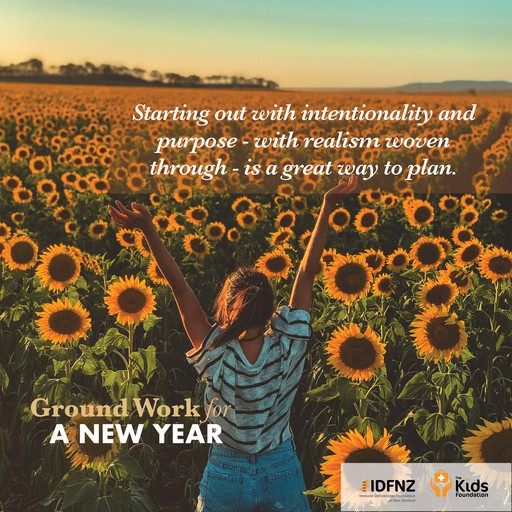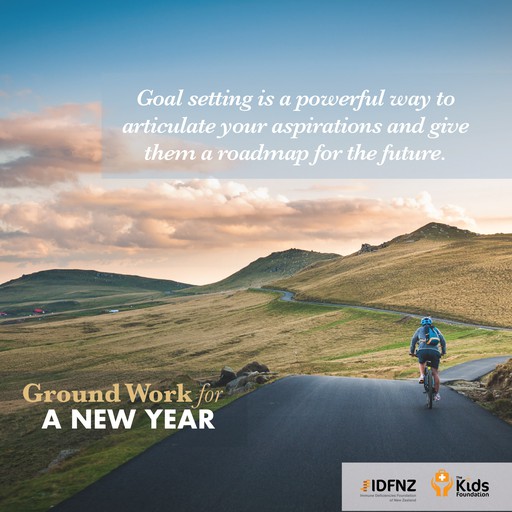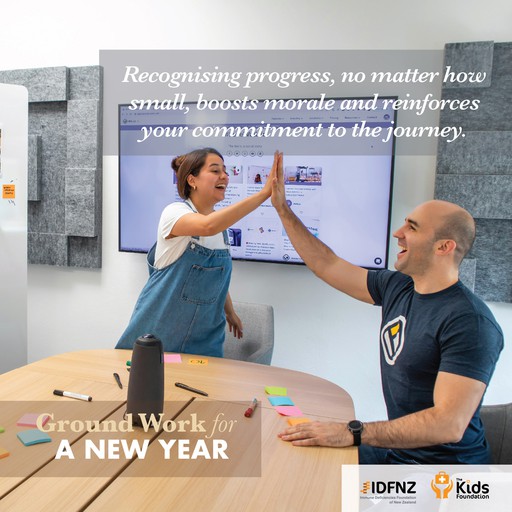Save a life - Become a Blood or Organ donor
Organ Donation Saves Lives - Know Your Options - an excellent guide written by Ellen McRae as an introduction to this topic. Written for the UK this article is definately worth a read as it explains eligibility for donors,statistics about the number of people in need of transplants ( based on the UK) , and quantifies the number of recipients assisted be each donation.
https://www.directline.com/life-cover/organ-donation#waiting-for-a-transplant-explained
Types of Organ Donation Donation here in New Zealand
Donation after death
When you die, it is possible to donate the following organs:Kidneys,Heart,Liver,Lungs,Pancreas,Corneas,Tissue
One donor can assist up to 9 different patients suffering from organ failure.In New Zealand you can only help if you make known your wishes via your drivers license and directly to family and friends when you are alive or through a living will.
After your death, your family may be asked about your decision to donate organs and tissue. By sharing your wishes with them in advance you will assist your family understand what your wishes are and to communicate these more effectively.
Almost 90% of families agree to organ donation if they knew their loved one’s wishes. Less than 50% agree if they never had the conversation. That person could have ticked their drivers license, yet their organs may not be donated because their family didn’t know.
It’s a huge burden for families to decide, especially at such a difficult time. But when a family says no, someone waiting for a transplant may miss out. Whatever your choice, discuss it with your family. Making your wishes clear reduces the stress for them. Death can be uncomfortable to talk about, but it will become easier.
Living donation
Living donation is the alternative to waiting for an organ from a deceased donor. Those signed up will be assessed to see whether it’s safe for them to donate, and whether their organ is a match for the patient. Living donors could be strangers, family or friends. Some organs you can donate are:
-Kidneys. A healthy person can lead a normal life with one kidney. Around a third of kidney transplants are from living donors.
-Liver. You can give part of your liver to someone with liver failure who needs a transplant. Liver transplant operations are performed on patients with end stage liver disease, primary liver cancer, and children with metabolic diseases.
-Tissue. Living donors can donate bone (e.g. if undergoing hip replacement), bone marrow and amniotic membrane (placenta).
Blood Donation
Blood contains life-saving components that can help treat many illnesses and injuries. Suitable blood donors can donate up to four times a year.
The potential of each gift of blood is also wide-reaching; the New Zealand Blood service website states that a single blood donation contributes to the making of over 12 products all serving a vital function to help others in need. These include:
· Fresh Frozen Plasma - Used to treat patients following trauma or transplantation.
· Platelets- Used to support patients undergoing treatment for some blood diseases and cancer, and to control bleeding following cardiac surgery and trauma.
· Red Cell Component- Used for treatment of people with: chronic anaemia resulting from disorders such as kidney failure or cancers; and acute blood loss because of trauma or surgery.
Organ Donation Awareness
To some people Organ donation may be a frightening or unsettling concept that can be difficult to consider or talk about. The idea of your body not being whole after you die may also be taboo for some. However, organ donation is an important topic that we at IDFNZ KIDS Foundation take seriously and would like to encourage more awareness and discussion around this topic.
Organ donations are an emotional experience for everyone involved. Donors, living or deceased, offer an amazing gift. Without organ donation, along with plasma, blood and bone marrow donation’s, many of our patient members might not be here today.
The fact is, donating saves lives.
Organ and blood/plasma donors are hero’s – their caring and selfless actions really do save lives, as IDFNZ KIDS Foundation members can testify first hand. Without donors, (both deceased and living) there would have been simply no hope for some of our patient member families. Individual IDFNZ patient members may have undergone liver, kidney, thymus, bowel, or Bone marrow transplants. Others have received blood transfusions, plasma infusions and often life-long immunotherapy treatment.
Organ Donation
Being an organ donor is a generous decision. Understandably, people want to have all the facts before making such an important choice. Donating organs and/or tissue should be something you choose to do and feel comfortable with.
The process to agree to become an organ donor is very simple;In New Zealand there are four easy steps to registering to become an organ donor:
1. Read the information available at www.donor.co.nz about organ donation and the most frequently asked questions to help you decide if you would like to become a donor.
2. Speak with your family or your emergency contacts about your wishes following your death so that they are aware you want to be a donor. Also let them know what tissues and organs you are willing to donate.
3. In New Zealand your heart or heart valves, lungs, liver, kidney, pancreas, eyes and skin can be donated. These are subject to your age and medical history at the time of your death and what organs and tissues your family consent to be removed.
4. Tick “DONOR” in question 4C on your driver licence application or renewal form. DONOR will then be printed on your licence. However, this is not an official organ donation register; it is essential you also let your family know what you want to happen following your death.
Blood, bone marrow and plasma donation.
Again, this is an easy process. visit www.nzblood.co.nz ; go to the “donating” page and complete the ‘Am I eligible?’ quiz to find out what steps and checks you need to take to become a blood, plasma or bone marrow donor.
It’s as easy as that.
Blood donors are always in demand in New Zealand and are highly valued; donor centres are located around the country, many with flexible times to visit. Find a donor centre near to you and even make an appointment online, by visiting https://www.nzblood.co.nz/give-blood/where-to-donate/ .
You too can save lives by becoming a blood donor.
Products Manufactured from Plasma
· Albumex® 4- Used for patients suffering burns or shock due to blood loss.
· Albumex® 20 - Used in the treatment of liver failure or renal failure associated with severe protein deficiency.
· Rh(D) Immunoglobulin-VF (Anti D) -Used to prevent haemolytic disease of the newborn (HDN) caused by an incompatibility between the blood types of a mother and her baby. Complications of HDN can vary from mild jaundice to serious disability or death.
· Cryoprecipitate – Contains blood clotting factors and is used for treatment of trauma patients and during cardiac/transplant surgery.
· Biostate® (Factor VIII) -Used for management of haemophilia A, an inherited bleeding disorder requiring life-long treatment.
· Prothrombinex®-VF (Factors II, IX & X) -Used primarily to reverse the anti-coagulant effect of warfarin in patients who are bleeding.
· Hyperimmune Globulins -Provides the recipient with temporary protection against a specific infection e.g. chickenpox, tetanus or hepatitis B.
· Intragam® P - An intravenously administered immunoglobulin product used for treatment of people with immune deficiencies or in treatment of a range of diseases where the patient immune system is compromised.
· Normal Immunoglobulin-Used in prevention of hepatitis A in people travelling overseas to high risk areas.
Save a Kiwi
Donating your organs, tissues, blood, plasma and bone marrow are amazing gift’s that will help others to lead a full and healthy life. We encourage anyone reading this article to consider how they can play a part helping others by becoming a donor hero.
No resources available.



